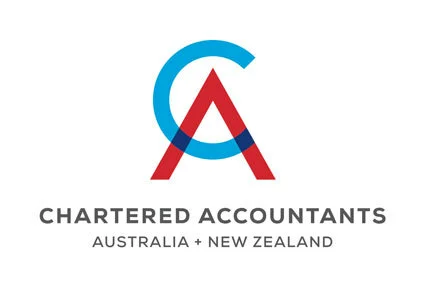Changing From Sole Trader to a Company: Your Essential Checklist

In Australia, turning 18 bring with it a lot of changes. We change from being legal minors to adults, and with that comes a whole range of new responsibilities such as being able to vote, buy property in our own right and become a director of a company.
In the same way, changing your business from being a sole trader to adopting a company structure is a big step, that signals “growing up” in a sense, as your small business or medium sized enterprise gets its own letterhead and tax file number.
But if you are not careful, you can miss some important steps that can cost you time and money for failing to comply with the new legal obligations of a company structure. With that in mind, we’ve put together a brief checklist of things you need to consider when you change your company from being a sole trader to a company.
Dollars
The sole trader structure is so common for SMEs because of its simplicity. One of the main attractions is the ability to access funds from the business bank account for personal use, which comes in handy when your personal phone bill is due and the business account has some funds in it!
But once you are a company director, you are no longer able to access funds this way, as it would be a breach of the corporations law: business and personal funds must not be “mixed” for any reason.
Staff
It’s a fairly common misconception that you need to be a company in order to hire employees. In fact, sole traders can employ staff in their own right just as simply as companies.
If you have existing employees, when you become a company it is probably a good idea to give them new contracts, as the legal entity paying their wages will change, and the paperwork should reflect this, otherwise you could all be in for some headaches at tax time.
Directors
When sole traders incorporate companies, they often encounter the difficulty of appointing an additional director. The temptation is to ask a family member or close friend to act as a director in your new company.
However, make sure that whoever you ask is aware of their obligations as a director. For example, a company director will be responsible and liable for the dealings of the company for the time they are a director, even if they have nothing to do with the day to day running of the business.
For more practical advice about changing from being a sole trader to managing a company, or any other accounting or finance related matters, give us a call today at 1300 365 455 and arrange an appointment with one of our friendly and experienced team.







